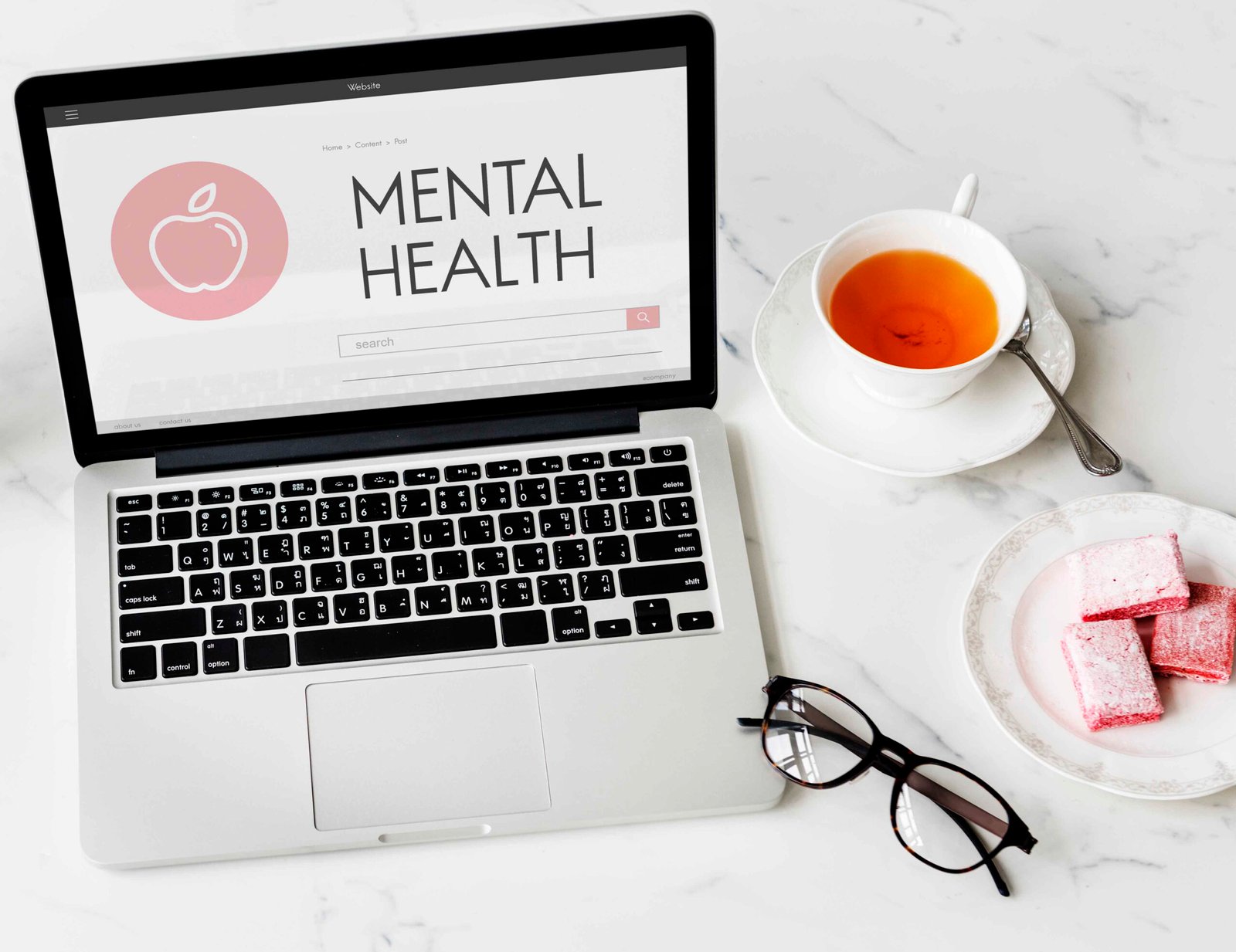10 Simple Ways to Improve Your Mental Health Daily
10 Simple Ways to Improve Your Mental Health Daily
Maintaining your mental health is just as important as caring for your physical well-being. In our fast-paced lives, it’s easy to get overwhelmed by daily stress, work pressures, and personal obligations. But by incorporating small, manageable changes into your routine, you can boost your mental well-being and find balance. Here are 10 simple and practical ways to improve your mental health daily.
1. Start Your Day with Gratitude
Gratitude is a powerful practice that shifts your focus from what you don’t have to what you appreciate. Each morning, take a moment to reflect on three things you’re grateful for. Whether it’s your health, a kind gesture from a friend, or simply having a peaceful morning, acknowledging the positives can set the tone for a happier day.
2. Incorporate Mindful Breathing
Mindful breathing is an easy technique to calm the mind and reduce stress. Take 5 minutes each day to focus on your breath. Inhale slowly through your nose for 4 seconds, hold for 4 seconds, and then exhale for 4 seconds. This simple exercise can instantly help clear your mind and lower anxiety.
For a more in-depth guide on mindfulness and meditation, explore this resource: Mindfulness and Meditation Guide. It’s a great way to dive deeper into stress-relief techniques and boost your mental health.
3. Get Moving
Exercise doesn’t have to be intense to improve your mental health. Even a short walk can make a big difference. Physical activity releases endorphins, which act as natural mood lifters. Aim for at least 20 minutes of movement each day, whether it’s yoga, stretching, or a brisk walk in the park.
4. Set Small, Achievable Goals
Setting small, attainable goals can give you a sense of accomplishment and boost your confidence. These goals don’t have to be grand; they can be as simple as finishing a task at work, cooking a healthy meal, or reading a chapter of a book. By achieving small goals, you’ll build momentum and feel more productive.
5. Limit Screen Time
With so much of our time spent on devices, it’s important to set boundaries. Excessive screen time, especially on social media, can lead to feelings of comparison, anxiety, and even depression. Take regular breaks from your screens, and try to have tech-free moments, like during meals or right before bed, to help your brain relax.
6. Stay Connected with Loved Ones
Human connection is essential for mental well-being. Make an effort to connect with friends or family members each day, even if it’s just a quick phone call or a text message. Building and maintaining strong social connections provides emotional support and helps reduce feelings of loneliness.
7. Practice Self-Compassion
We’re often our own harshest critics. Practicing self-compassion means being kind to yourself when you make mistakes or face challenges. Instead of engaging in negative self-talk, try treating yourself the way you would treat a close friend — with kindness, understanding, and patience.
8. Spend Time in Nature
Spending time outdoors is a natural way to improve your mental health. Being in nature has been shown to reduce stress, boost mood, and enhance cognitive function. Whether you’re near a park, beach, or garden, take a few minutes each day to immerse yourself in your surroundings and enjoy the fresh air.
9. Maintain a Daily Wellness Routine
Consistency is key when it comes to mental well-being. Creating a daily wellness routine that includes activities like journaling, meditating, or exercising can help regulate your mood and reduce stress. A routine brings structure and predictability, which can be comforting in times of uncertainty.
If you’re looking for guided routines that include mindfulness and meditation practices, check out this detailed guide: Mindfulness and Meditation Guide. It’s a fantastic resource to help you build a sustainable routine for mental wellness.
10. Get Enough Sleep
Never underestimate the power of a good night’s sleep. Lack of sleep can lead to irritability, stress, and anxiety, while quality sleep allows your brain to rest and recharge. Aim for 7-9 hours of sleep each night by creating a calming bedtime routine. This could include turning off screens an hour before bed, drinking a cup of herbal tea, or reading a book to wind down.
Final Thoughts
Improving your mental health doesn’t require drastic changes — it’s about incorporating small, consistent habits into your daily routine. By practicing mindfulness, staying connected with others, and making time for self-care, you’ll start to notice positive changes in your overall well-being.
If you’re ready to take the next step in your mental health journey, consider exploring this Mindfulness and Meditation Guide. It’s a valuable resource to help you dive deeper into daily wellness practices that can transform your life.
Take care of your mental health — it’s one of the best investments you can make.














Post Comment